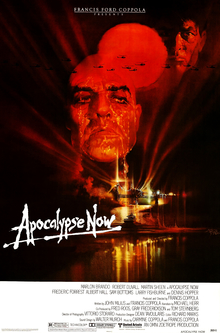22:48 "It's the gravitas of the situation that I see, that frustrates me that other people don't see it. I have been "preparing" intentionally since Hurricane Katrina, but I grew up on a farm in upstate New York. I know how to hunt. I know how to butcher animals. I know how to grow food. I know row crops and gardens. I know foraging in the woods. I know how to fish and where to get water from. And I understand how to move in a rural environment, not just the topographical terrain, but the human terrain as well. Been doing that my whole life. One could say, I've been prepared for this by the hand of the Most High my whole life. And I I see it. I see it coming. And it... while I would love to be wrong, it bothers me that others who do see it, or pay lip service to seeing it, don't take it as seriously as they should."
preach. there is too much demoralization everywhere.
